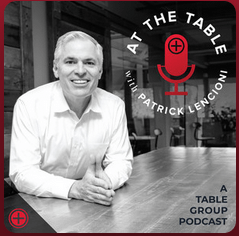3 Ways to Boost Your Influence with Active Listening
Active listening boosts your influence, whether you are in a virtual, in-person or hybrid meeting. It demonstrates your commitment and sincere interest in hearing what others have to say. Active listening is not easy and requires a conscious effort. Three ways to boost your influence by making active listening a part of every conversation:
- Choose to listen
Did you know the average person only hears about 25 percent of what someone says? Active listening requires serious commitment. It means mindfully switching to listening mode every time someone begins to speak. Next time you’re in a conversation, choose to clear your mind of possible responses. Shut down your email and eliminate any distractions that will prevent you from absorbing what is being said.
- Write down key points
When someone else is speaking, our minds naturally want to formulate a response. It is in this clutter that we lose the value in what is being said. To keep your mind clear and free from distraction, listen for conversational key points and write them down. This gives your mind permission to remain free and clear of thoughts you can easily circle back to later.
- Peel back the layers
When talking to others, it’s tempting to want to interject, but this limits our ability to hear what is really being said. Active listening peels back conversational layers and unpacks the message. A Harvard Business Review study found people who ask periodic questions are perceived to be better listeners than their silent counterpart.
Next time you’re in a conversation, ask open-ended questions. Dig deeper and get to the core of what your listeners really want to share.
Stacey's Picks:

Check out our Research on Influence in conjunction with the University of Northern Colorado HERE.



